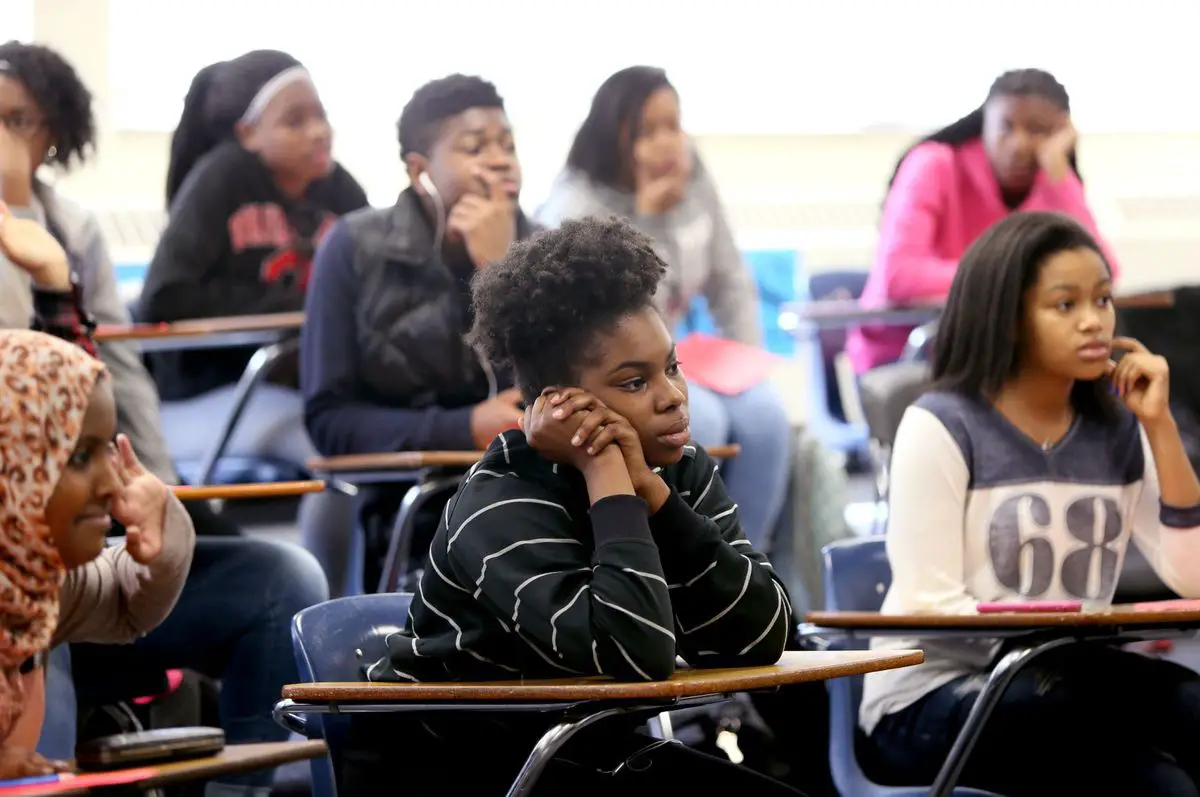Parents, students, administrators and facilities have been up in arms at the string of canceled honors classes across the country. Honors classes were established in high schools to prepare students for the more rigorous curriculum an Advanced Placement (AP) course would have. Honors classes gave students who did not wish to take an AP class the chance to challenge themselves academically. These classes went at a faster pace, gave more advanced work and were credited with a higher course weight, which provided students with a boost in their overall grade point average (GPA). At the popularity and success of these honors classes, administrators and school board higher-ups, in an act of rarely found agreement, decided to implement these classes at lower education levels such as elementary and middle schools.
The reasoning behind this plan was to see if students started in honors young, maybe they could pursue a fast-track option. The beginning of honors classes in younger children would provide smarter, happier, well-rounded and ready minds. That one “prodigy” that every school seems to have would no longer be unsatisfied with their basic curriculum. The students who would eventually go on to be identified as Gifted and Talent Education would no longer have to read books at a level below their capabilities, and those children who misbehave in class out of boredom would now have the tools to flourish.
Of course, honors classes can’t be implemented in every school, so it then became a race; how could parents get their kids into a school with an honors program? Not only that, but how will their children be admitted into the honors program itself?
An oversimplification of how most elementary and middle school honors classes attain their students is this: First, G.A.T.E or any other gifted program identified students get first billing. Secondly, students who are in the regular curriculum classes but show promise may be switched into honors classes with parental approval and a teacher recommendation. Finally, by lottery, which is a system that many people are familiar with. It’s used in public school admissions by an algorithm that randomly assigns students to schools. The lottery for applying for an honors class works the same way. Parents can request that their kids be placed in an honors class and if there’s room left on the roster, names will be picked out of a hat, so to speak. For the most part, this is the way the system has worked for years. Until a couple of years ago, when one by one honors classes started dropping like flies.
A lack of funding to help keep the programs running, a lack of interest and participation and lack of faculty have been said to be contributing factors to the demise of honors classes. But let’s be honest: It’s all about elitism and racism.
I went to a gifted high school, so I know the rumors. Honors classes, gifted programs and “nerd” schools; they are all elitist. “They are all a bunch of snobs.” “Who do they think they are?” It’s easy to see why they may feel this way. Most honors programs and gifted schools get more resources, visibility and awards than others. In short, they just get more. So, they shut them down or turn them into something they are not.
And then there is the race gap to contend with. There is a distinct difference in the number of Caucasian and Asian students in honors classes compared to the number of Black, Latino and Native American students. And this isn’t just a fixture at one school, but across many American public schools. “There’s no diversity.” “I don’t know how they allow this.” “It’s unfair is what it is.”
What they are doing by canceling honors, what they are doing by “closing the gap,” is lowering the bar. By taking away honors classes, it says that students of color are not capable of reaching the level that an honors class provides. By taking away honors classes, they are taking away those students’ opportunities to achieve. It’s telling students of color they don’t deserve the chance to succeed in a more challenging environment. It is discouraging them, and it’s telling students who are in honors programs that they don’t deserve their intellects and their passions, that their achievements are to the detriment of other students. In their efforts to provide fairness, they are punishing both of those who are and those who can be.
Most of these questions don’t have a simple fix. And I don’t know how to proceed with policies that have already been implemented. I don’t know how to quell these valid concerns, and they are valid concerns. I don’t know how to turn back. But the one answer that I do have, the one that I have believed in and advocated for, is that honors programs deserve a place in the public-school system.

















